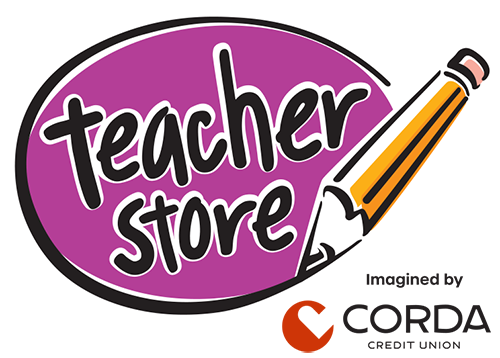Starting Fresh in the New Year
By Carolyn Lyon James
Time to announce my New Year’s resolution…. I’m kidding. I have no New Year’s resolution. I made a New Year’s resolution once. It didn’t work out. When I was in college, my roommate and I decided to join a gym and get in shape.
“I’ll be more committed to exercising if I have to pay for it,” she said. It didn’t make a difference for me. It was a waste of my money because I hated going to the gym. I wasn’t good at lifting the free weights, I couldn’t keep up in the aerobics class, and I wanted nothing to do with the treadmill. Meanwhile, my roommate lost weight and got into the best shape of her life.
I sat on the sofa eating Cheetos and watching Gilligan’s Island reruns.
All the same, there is something exciting and invigorating about the beginning of a new year. It’s a chance to start fresh, clean out the old, and usher in the new. But what exactly does that look like? And how does that translate in a classroom where we are already halfway through the year?
For many of us, it’s a chance to re-evaluate our teaching style — figure out what is working, and what’s not working. For me, it’s also a chance to try to clear away biases and preconceived notions I may have built up during the first semester.
For example, one year, I was working with a student who was a fairly nice kid (but not a hard worker) with a pretty sarcastic sense of humor. As the term went on, he worked less and less and complained more and more. And the sarcasm became more cruel.
One day, I had had enough and was about to give him a verbal lashing. Right before I let loose on him, he said, “I’m sorry, Mrs. James. I’m really tired, and none of this assignment is making sense. My mom is sick, and I keep having to get up every night to help her. I’m hoping to get caught up on sleep this weekend.”
Everything I was going to say to him completely left me in the long breath I let out. I took one more deep breath in and out… and completely changed. I changed how I was teaching him the assignment, and I changed how I viewed his work ethic.
Empathy. Even among psychologists, this is a difficult word to define. I read three different articles and found three different definitions. At its most basic, empathy is the ability to understand and share the feelings of someone else. “Learn to walk a mile in their shoes,” is the phrase I heard most often growing up.
It can be tough to be a student — even more so now, with the huge cultural shifts happening in our society. As educators, we need to step outside our comfort zones and take the time to listen to what our students are really saying. They can’t always tell us in words, but we need to pay attention to their actions as carefully as to anything they may say. And when they do decide to confide in us, it may make us feel uncomfortable. We may not have anything in our own background or history that helps us relate to what they are going through. But we need to listen to them all the same.
At the very least, we need to realize that as difficult as this conversation feels to us, it may be twice as difficult for the student. But they took the agonizing step of letting us know, in whatever way they could, that they have a problem. We owe it to them to listen — without judgment — to what they have to say. I know it’s not easy. No one ever said working in this business was going to be easy. And we can’t solve all their problems, nor should we try. But sometimes just being heard is enough.
So, with all these difficult conversations going on, it can be tough to be an educator, too. Sometimes showing empathy includes being kind to ourselves as well. At least, it should include that. We need to give ourselves a break. We can’t fix everything. We need to talk to ourselves the way we talk to our friends. We need to stop trying to compare our own experiences to other people’s experiences. And, most importantly, we need to forgive ourselves.
Perhaps I have found my New Year’s resolution after all. I will start a new exercise regime in which I simply take a breath. I’ll take a breath before I criticize someone else. I will breathe in and breathe out before I raise my voice or lose my patience. And before I pass judgment on myself, I will inhale, then exhale. Already, I feel better.
And I didn’t have to buy any special clothes or step into a gym to do it.


